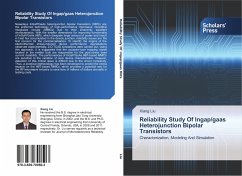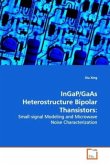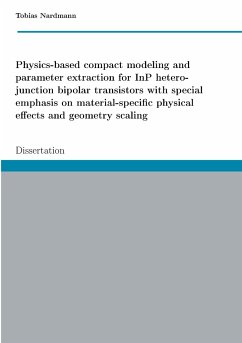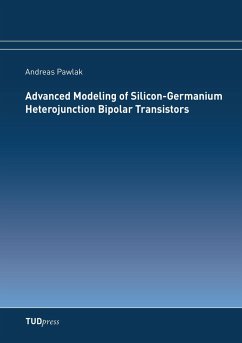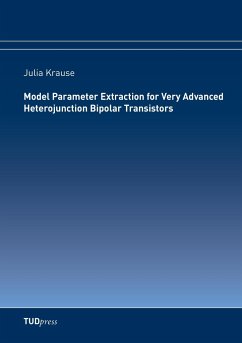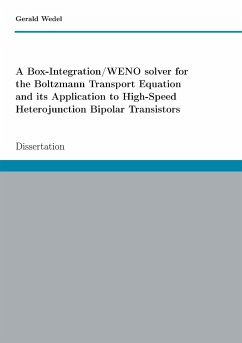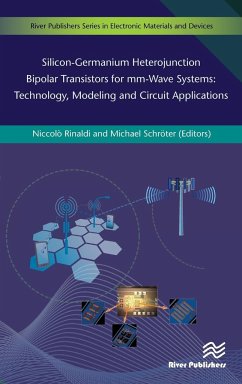Nowadays InGaP/GaAs heterojunction bipolar transistors (HBTs) are the preferred technology of high-performance microwave monolithic integrated circuits (MMICs) due to their inherently excellent characteristics. With the smaller dimensions for improving functionality of InGaP/GaAs HBTs, which dissipate large amount of power and result in heat flux accumulated in the device junction, reliability issues are the first concern for the commercialization. To identify the origins of the electrothermal stress-induced device performance degradations observed experimentally, 2-D TCAD simulations were carried out. Using this approach, it is suggested that the acceptor-type trapping states located in the emitter bulk are responsible for the post-stress base current instability. The performances of InGaP/GaAs HBT-based MMICs are sensitive to the variation of core device characteristics. However, detection of this critical issue is difficult due to the circuit complexity. Thus, a practical methodology has been developed to predict the stress impacts on the HBT-based MMICs, which provides a potential way for the RF/microwave industry to save tens of millions of dollars annually in testing costs.
Bitte wählen Sie Ihr Anliegen aus.
Rechnungen
Retourenschein anfordern
Bestellstatus
Storno

